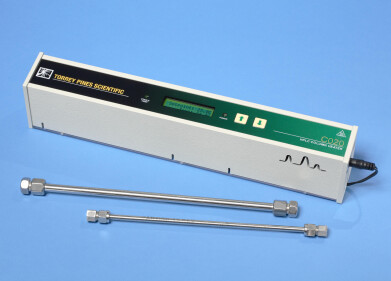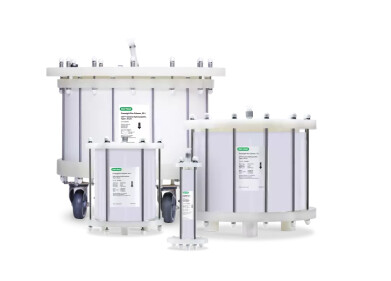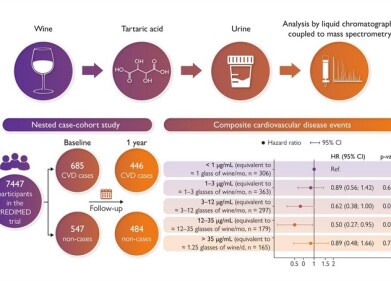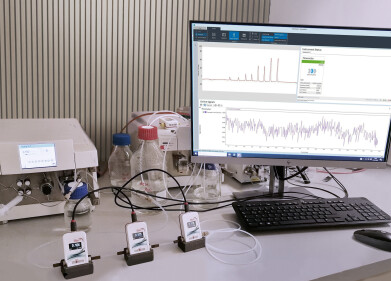Chromatography
Chemical Analysis for Lithium-ion Battery Production
Feb 06 2023
The production of battery-powered electric vehicles (EVs) continues to rise as more governments plan to prohibit the use of combustion engines and automobile manufacturers commit to their production phase out. The International Energy Agency predicts that by 2030 over 60% of all new vehicle sales will be EVs. As we continue in our efforts to reduce greenhouse gases renewable energy sources like wind and solar require storage capacities for electricity.
Batteries are currently the most scalable materials in which to store excess electricity, resulting in this market’s steady and continuous growth as countries invest in energy storage solutions. Today, Lithium-ion batteries (Li-ion batteries) are the most common option for rechargeable energy storage. However, production of Li-ion batteries is subject to stringent quality standards. Ionic impurities can affect the overall capacity of the battery whereas, the composition of cathode materials or electrolyte can influence manufacturing costs and performance qualities of Li-ion batteries.
Metrohm has produced a free to download White Paper elaborating how titration and ion chromatography can be used to monitor various quality parameters during lithium-ion battery production.
Traces of water can negatively impact the electrochemical performance of lithium-ion batteries, lead to the formation of toxic HF, and change the residual alkali content. Coulometric Karl Fischer titration is ideal for determining water content at trace levels in various Li-ion battery materials and components.
Lithium hexafluorophosphate (LiPF6) is the main source of lithium ions used in electrolyte. However, LiPF6 is not a stable salt and therefore lithium borate salts or imide-based lithium salts are often used as additives. Ion chromatography is a suitable analytical technology to determine the composition of the various lithium salts within the electrolyte. Ionic impurities in Li-ion batteries have a detrimental effect on battery performance. For example, they can negatively influence the solid electrolyte interphase (SEI). Ion chromatography is ideal for detecting ionic impurities at trace levels in the raw materials used to produce the electrolyte, cathode, or anode materials.
If you’re interested in learning more about Li-ion battery development and production the White Paper has a list of further related Metrohm Literature. For an overview of analytical and electrochemical analyses for the battery industry offered by Metrohm, download the free flyer.
Digital Edition
Lab Asia 31.6 Dec 2024
December 2024
Chromatography Articles - Sustainable chromatography: Embracing software for greener methods Mass Spectrometry & Spectroscopy Articles - Solving industry challenges for phosphorus containi...
View all digital editions
Events
Jan 22 2025 Tokyo, Japan
Jan 22 2025 Birmingham, UK
Jan 25 2025 San Diego, CA, USA
Jan 27 2025 Dubai, UAE
Jan 29 2025 Tokyo, Japan




















